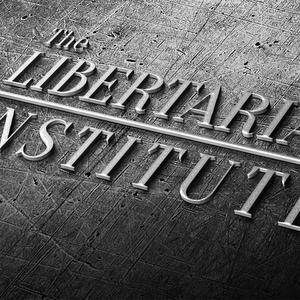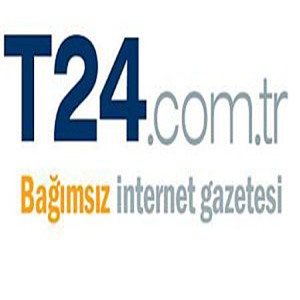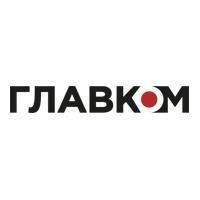Iran’s nuclear program has reached a critical point, with intelligence reports indicating uranium enrichment is nearing weapons-grade levels. Analysts suggest Tehran has accumulated sufficient enriched material for multiple nuclear bombs, should its leadership decide to proceed.
While Iranian officials deny any intention of developing nuclear weapons, U.S. and Israeli authorities are preparing to address the potential threat.
President-elect Donald Trump’s transition team is reportedly exploring various strategies to counter Iran’s nuclear ambitions.
Proposed measures include tightening economic sanctions to further destabilize Tehran’s economy, and providing advanced military support to Israel, such as bunker-busting munitions capable of targeting deeply buried nuclear sites.
Israeli officials, bolstered by recent air superiority gained in Syria and Iran following October airstrikes, view the current situation as a pivotal moment.
Reports suggest the Israeli air force is readying for potential preemptive strikes on Iranian nuclear facilities, should such actions become necessary.
Recent Israeli airstrikes across Syria have already undermined Iran’s regional influence, targeting weapons stockpiles and air defense systems weakened by the fall of Syrian President Bashar Assad’s regime. These operations are part of a broader strategy to curtail Iran’s military reach and deny advanced weaponry to its proxies.
Despite escalating tensions, diplomatic solutions remain an option.
Iran has signaled a willingness to negotiate but insists on terms that exclude external pressure. Iranian officials have warned that any attack on its nuclear facilities could lead to a withdrawal from international agreements, further heightening the stakes.
Both U.S. and Israeli officials emphasize the urgency of staying ahead in what they describe as a high-stakes race. While neither nation seeks a larger conflict, their shared focus remains on deterring Iran and preventing nuclear weapons from entering the equation.





![TASS [🇷🇺-affiliated] logo](https://groundnews.b-cdn.net/interests/1c364c1e553231a17f22d4a16db85a51fb715dd3.jpg)
![Russia Today [🇷🇺-affiliated] logo](https://groundnews.b-cdn.net/interests/d3a6b2444d4740f3e75a430e54a0cb4d24ee6cc6.jpg)
![Lenta.RU [🇷🇺-affiliated] logo](https://groundnews.b-cdn.net/interests/54d337f93d4216c40f0bbf0a3a7b46c926c46551.jpg)





































